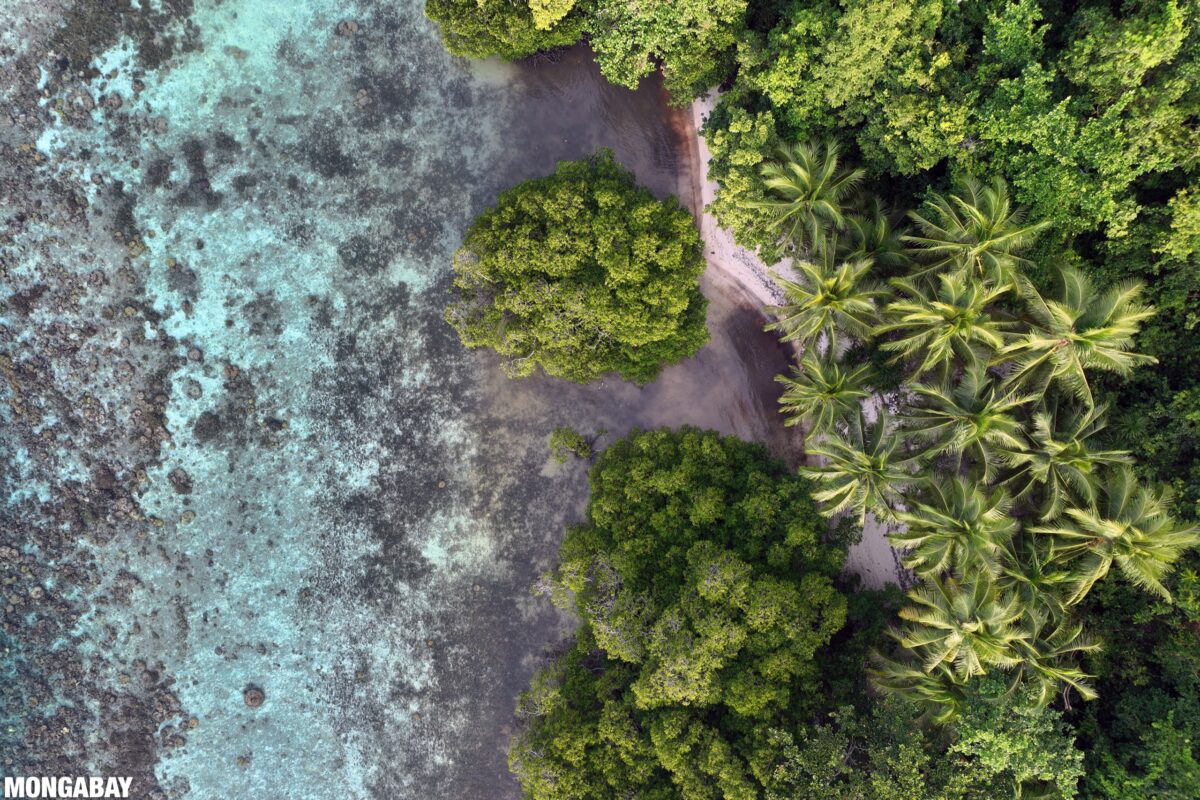This post is the third in a series on Mongabay’s recently published 2030 plan. This post focuses on audience engagement.
Earlier posts include:
Addressing the planetary challenges we collectively face won’t be simple. As a journalism organization, Mongabay plays a crucial role by providing news and inspiration from nature’s frontlines. Our goal is to share accurate and understandable information, ensuring that everyone is well-informed and can contribute in their own way.
Our readers are essential to our mission of making a real impact. They trust us to keep them informed, so we work hard to share truthful and reliable information. As we continue our work in the coming years, we want to listen more to our readers and understand their preferences for engaging with us.
The internet today is filled with low-quality and incorrect information. This problem may worsen as more content is created by artificial intelligence. While this trend emphasizes the importance of high-quality journalism, it remains uncertain whether people will be able to distinguish between what is real and what is fake in the overwhelming flood of content. Additionally, as the boundaries between reality and fiction become blurred, there is a question of whether people will prioritize accuracy when consuming information, potentially resulting in further erosion of truth in our digital world.
To navigate this challenge, we aim to focus on engaging with influential audiences who value credible information, and build a community of individuals who care about nature and justice. Furthermore, we plan to increase conversations with diverse groups, including those who are often unheard, such as Indigenous communities and young people.
Improving our work is another area of focus. We want to connect with our readers in a meaningful way, not just count how many people visit our site. We’ll still keep track of the number of users who visit our platforms, but we’re more interested in how people interact with our content.
We also want to understand what our readers think and need. We’ll do this by talking more with our users and understanding why they read our reporting and how they use it.
We’ll also show our readers who’s creating the content by featuring our editors and journalists. We’ll continue to make our content available in different languages and formats, like audio and short-form text messaging, which can be helpful for people living in rural areas and Indigenous communities.
We’ll work as a team to choose the best format for each story, thinking about who we want to reach, and the impact we can have through our reporting. We will prioritize creating content that holds significance for communities that have been historically underrepresented in decision-making circles, incorporating their perspectives and voices into our stories.
As we learn more about what works and what doesn’t, we’ll adapt. This might mean using different platforms to share our content. We’ll also update our technology and design to make sure they’re modern and easy to use.
Lastly, we’ll make changes to our website and mobile app to make it easier for people to find and interact with our content.

